BFI Flare: London LGBTQ+ Film Festival transforms the capital into the ‘best queer venue in the world’
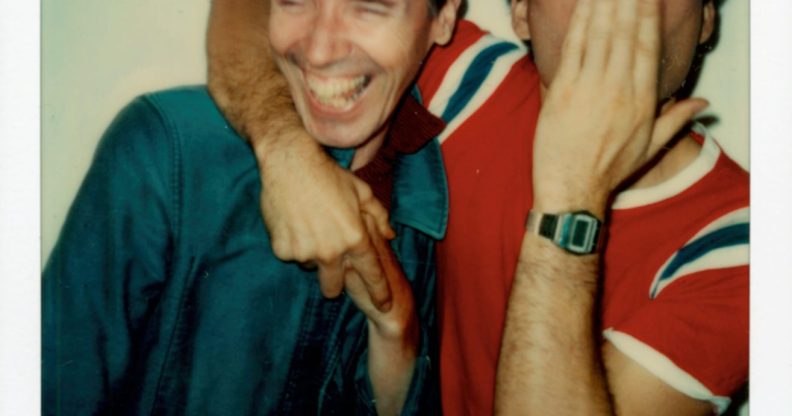
For twelve days this month, London’s British film institute – the Bfi – will celebrate the best new and classic queer cinema. Alongside films, a series of club nights with live DJs will transform the South Bank venue into an all-encompassing queer space for all.
Festival programmer Michael Blyth, who also programmes the BFI London Film Festival, explained to PinkNews how it is integral the festival’s scheduling promotes the inclusive, liberal values championed by the filmmakers whose work is on show.
“Even people that can’t afford to see films are included,” he tells us. “We have free access events, talks and discussions that compliment the film programme that can be accessed by anyone who comes along to the building.”
Making the festival as accessible as possible is a sentiment inspired by a lack of togetherness in the queer community.
“So often the queer scene can be segregated, you have bars for certain people. What’s so important about the festival is it’s a space where everyone comes together, and engages with each other,” Michael says.
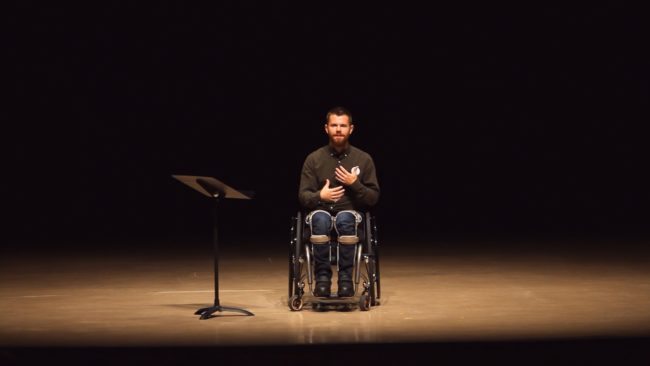
(Love, Scott)
Flare is “one of those really rare things that we don’t have enough of in the queer calendar, where everyone celebrates one thing together.”
Over 50 feature-length submissions and 90 short films have made it onto a boundlessly eclectic line-up for the festival’s incredible 32nd year.
Michael modestly calls it “a big mix”. Out of the “hundreds and hundreds of submissions” worldwide, the only caveat is “that the festival must give a broad view of not just cinema worldwide but queer lives, queer experience across the world”.
PinkNews ask how films are chosen and feel envious we aren’t involved. “We travel to other festivals, speak to sales agents, distributors, friends, everyone – we do a massive trawl of the queer film scene and watch as much as we can,” explains Michael.
“We get together as a team, we talk, we fight, we argue…”
“We don’t always agree on everything, and I think it’s important to us that we don’t.”
However, “it’s an open submission policy first and foremost. Anyone, anywhere who’s made a film can send it in for us to look at, and we don’t charge a fee for that, it’s really important for us that that’s free.
“Out of the hundreds of unsolicited films, “loads” make the programming.
“It’s important…”
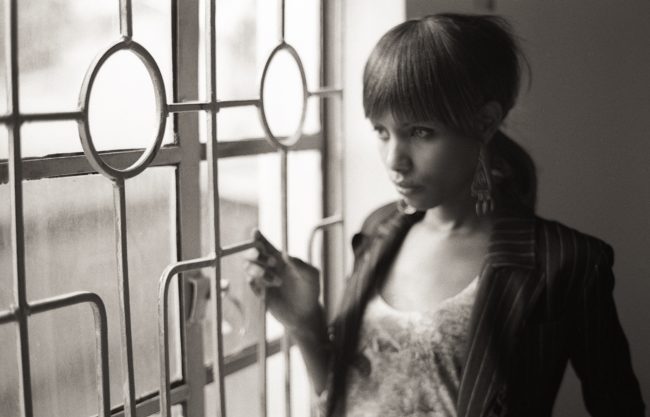
(Sidney & Friends)
For those newcomers, Flare acts as an enabler. Opportunities arise for filmmakers to meet “distributors, sales agents,” in an increasingly commercially rich and viable queer cinema industry.
“Flare is without a doubt one of the biggest things we do in terms of ticket sales,” Michael boasts. “It’s very exciting to see what appetite there is. It’s all part of breaking down these notions of the ‘limited’ appeal of queer films.”
Films like God’s Own Country, Moonlight and Call Me By Your Name are signs that LGBTQ+ films are breaking through to mainstream audiences, and making money, but Michael asserts they are still a rarity.
“People always say, now you have Moonlight we don’t need a queer film festival.
“But of course we do, we’ve got a huge huge journey to go on before there’s anything even vaguely resembling the proportion of queer images and queer stories we need to see on mainstream screens.”
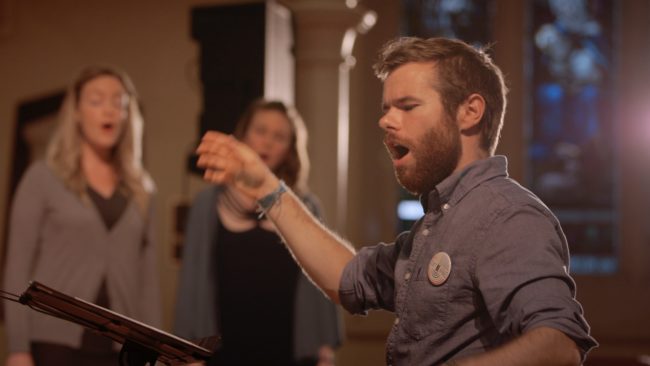
(Love, Scott)
Michael tells us about three new and diverse films from this year’s scheduling we really shouldn’t miss, and says that a common theme is political voices, moreso than ever. “The rights of queer people are under threat,” he says.
“There’s a desire for politicised film making and films that are engaging directly with protest, queer histories, histories repeating themselves… Politics and human rights is an unavoidable conversation if you’re thinking about contemporary queer film.”
“There’s a film called Love, Scott, a Canadian documentary about a musician who was target of a homophobic attack which left him paralysed and in a wheelchair. The film details the year or so after the attack. It’s about him coming to terms with his experience, coming to terms with his new body and making peace with the guy who did this to him”.
“We might think of ourselves sometimes as being fairly safe in multicultural, liberal cities, but actually the threat of homophobia and violence is still very real and can have devastating impacts on people’s lives.”
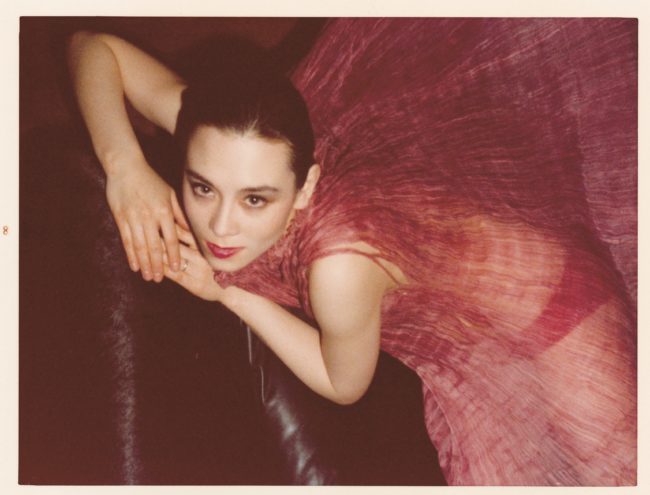
(Antonio Lopez 1970: Sex Fashion & Disco)
“Our centrepiece screening, A Deal With The Universe, is the story of a trans man, Jason Barker. The film is made up of home video footage shot over the course of 10 or 15 years about his journey to conceive and have his first child. It’s so great, it’s a kind of personal piece of filmmaking made up of video that he shot. But it says so much for such a small, intimate, personal film.”
“It speaks a lot about broader ideas around alternative families and queer parenting, medicine and the kind of access people have to different kind of treatment, gender, his journey as a trans man who has made this decision to carry”.
A third, Michael says, is “a fascinating story called Sidney & Friends, about trans and inter-sex people in Kenya. These are stories that don’t get told, stories that certainly don’t get told in the mainstream.”
“These are really personal tales but have so much scope.”
“Flare is a celebration,” Michael asserts. “You can come dance, drink, watch a romantic comedy and have a great time. But even the act of coming to the festival is political.”
“To celebrate and discuss the lives of these extraordinary people is fundamental to what we do.”
BFI Flare: London LGBTQ+ Film Festival Bfi, Southbank, March 21 – April 1

